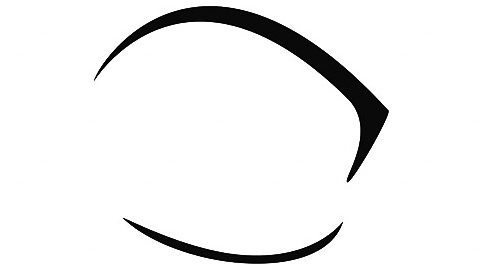Ladenschlussgesetz
On the venerable Day of the Sun let the magistrates and people residing in cities rest, and let all workshops be closed.
–Codex Justinianus, lib. 3, tit. 12, 3
For the first time on our trip, the weather was less than ideal, with rain and temperatures in the low fifties. Nevertheless, we started out on our short stroll through Speyer, Germany, a small town of about 50,000 inhabitants on the west bank of the river Rhine laced with a network of cobblestone streets and whose visible horizon is dominated by a cathedral which serves as the final resting place of eight Holy Roman Emperors and German kings.
We opted out of the bright, red umbrellas emblazoned with the logo of our cruise line the earnest and always-helpful crew were passing out as we disembarked and carefully climbed the slick gangplank to shore. When we travel, we try to blend in by wearing good-fitting clothes, de-badged shoes, and leaving behind items which might scream, “American Tourist!” (Bless our little Yankee hearts).
My wife carried a small, discrete umbrella and wore a colorful scarf and fashionable, but sensible, waterproof boots. I opted for sans umbrellas and aimed for full-frontal “Euro,” wearing a black flat cap and water-repellant jacket with a hood which I raised and lowered as needed as the precipitation seesawed between bare mist and steady, but mercifully light, rain. Usually we swing and miss with our continental, chameleonesque fashion ruse, but on rare occasions we make contact and locals approach to ask us questions in their native tongue. We are exposed and forced to drop our disguises and apologize. But inwardly, we burn with pride.
It was Sunday morning, and the town was quiet, with only our tour group and a small number of locals, mostly walking their children and dogs, traversing a long shop and café-lined street called Maximilian that connects Speyer Cathedral with the town’s Old Gate on the west side. Retail shops and boutiques were closed, and most cafés and restaurants had yet to open, or were just beginning to.
Why so quiet on a Sunday morning? Remnants of Ladenschlussgesetz, or “Store-closing law,” similar to “Sunday Blue laws” in the United States.
Remember those? I do, and when I was a boy, I bristled against them. I considered them in the same league as mandatory church on Sunday and Wednesday nights, the former causing me to miss The Wonderful World of Disney and the latter nipping in the bud my nascent, ether-thin hopes of someday playing in the NBA since missing church for rec-league basketball practices was a non-starter for my parents.
In some places in the United States, Sunday Blue laws still exist. But in most cases, they prohibit the sale of alcohol, but little else. Many American Christians these days are unfortunately more concerned with what drink (but rarely food) goes into their mouths than they are with the frequently harmful effect of the words that come out of them.
Laws which proscribe work to ensure that all “Honor the Sabbath, to keep it holy” date back as far as back as Constantine. Even many secular governments have kept them in place for the simple and humane reason of giving workers time off to spend with their families, or simply to rest and do as they please. Once a constitutional mandate, since 2006, German closing laws have been more flexible and may vary by city, region, and season, but in general, they have remained in place.
As we reversed direction toward our rendezvous point, more cafes were starting to open, and the mostly young people who were required to work in them on a drizzly, overcast Sunday morning seemed bright and cheerful, even eager to serve. I remembered something a guide had told us a couple of days earlier: in most European countries, all workers are guaranteed a living wage which enables them to afford a comfortable-enough, small apartment, if not a house. Tips are not required in restaurants (but smalls ones are always appreciated) for wait staff to eke out a living because by law they are paid a just wage and are not at the mercy of any random capriciousness or stinginess from their customers. I wondered if these assurances made the Sunday work pill easier for them to swallow, and I concluded it probably did.
The stillness abruptly shifted when a chorus of bells began pealing and pleading for the faithful to assemble. There was no mad rush, but there were small streams of people passing through church house doors. Even those who did not heed the call to worship continued to enjoy the God-gift of time and space to care for their families, pets, and themselves. “True religion” was always intended for practice in all corners of creation and not just within ecclesiastical walls.
What a refreshing stroll it had been, a stark contrast to the hollow, “bottom-line” liturgy of worship at the Altar of the Almighty American Dollar. But to return to such spiritual, sensible, and humane laws back home could potentially ignite wildfires of unrest and violent protest, the limits of which we now know with surety have no bounds.
So, I slowed down my steps, hoping the seconds would follow in sync, and tried to drink my fill of this tall drink of cool water in the narrow window of sacred time which had been gifted to me.
